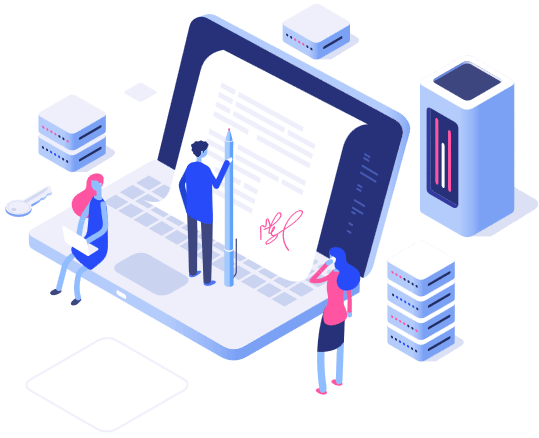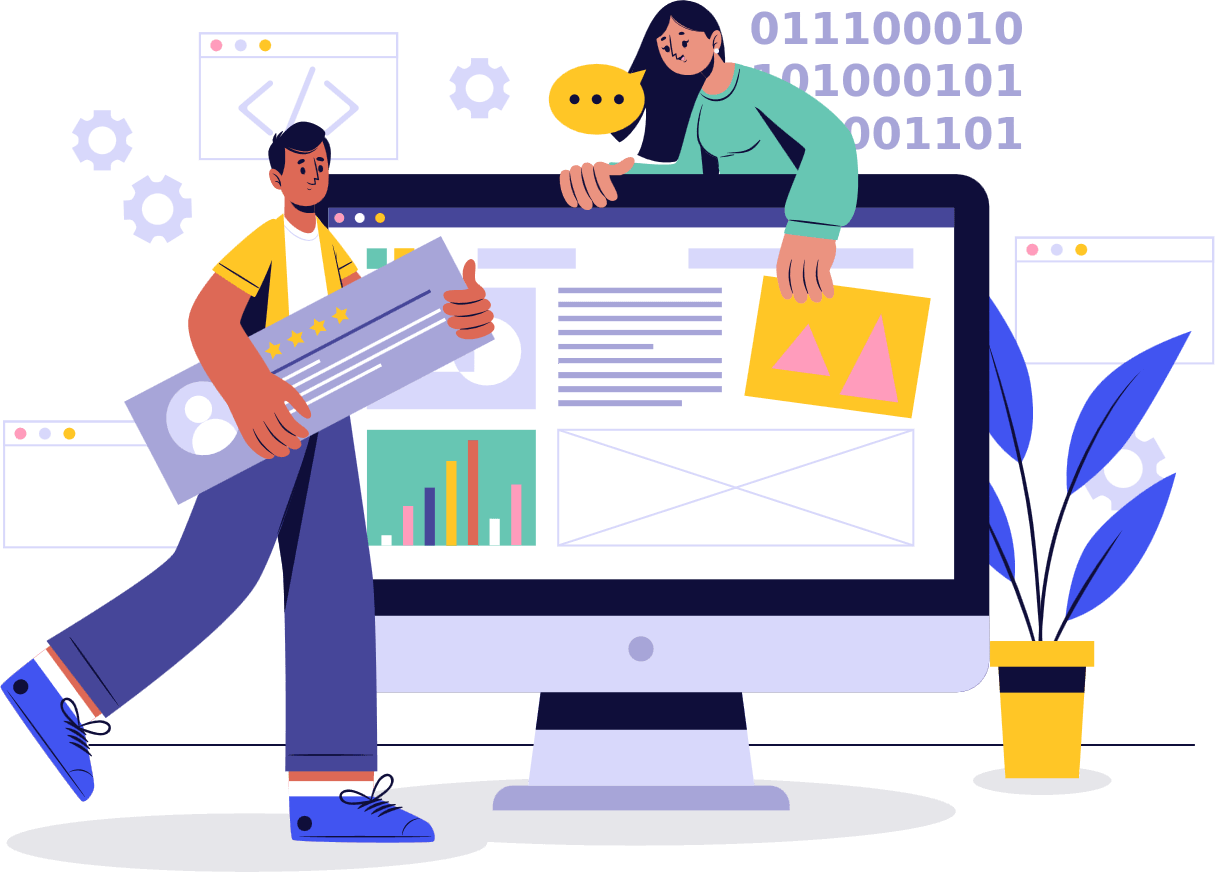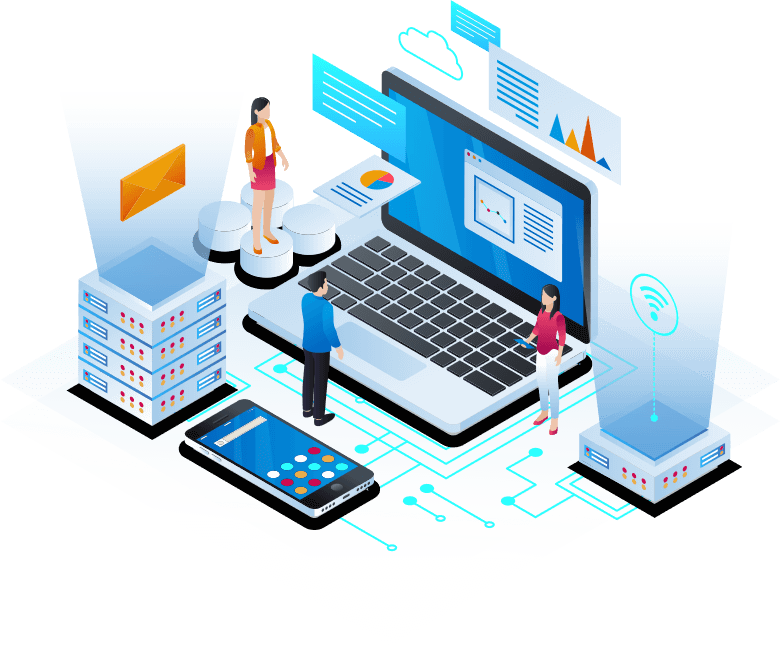
REMSphilosphy
LEAN
A business process strategy that is based on three fundamental principles; delivering value as defined by the customer, eliminating waste, and continuous improvement.
- One of the most important principles of Lean management is: “Take care of the process and the results will take care of themselves.”
- Basically, Lean is centered on preserving value with less work.
- Developing a continuous improvement mindset is essential to reach a company's goals.
- REMS helps clients apply Lean principles to lessen the need to create system work-arounds to accomplish goals. Work-arounds create work flow disruptions that often cause waste to accumulate in the first place.
- REMS manifests its continuous improvement commitment through frequent (daily, weekly, monthly) REMS release enhancements meeting our clients' needs in a rapidly changing world.

LEARNING
Continuous improvement by leveraging previous experiences and best practices.
- Learning organizations facilitate the learning of its members and continuously transforms itself. Learning organizations develop as a result of the pressures facing modern organizations and enables them to remain competitive in the business environment. A learning organization has five main features; systems thinking, personal mastery, mental models, shared vision and team learning.
- Learning organizations view problem solving from a systemic perspective in that any solution must also consider the problem’s potential future development of unintended consequences.
- Learning organizations foster the transformation of individual learning into organizational learning.
- Learning organizations promote an open culture that encourages inquiry and trust.
- Learning organizations tend to have a flat, decentralized organizational structure.
- Learning organizations typically have excellent knowledge management structures, allowing creation, acquisition, dissemination, and implementation of knowledge in the organization.
- REMS is an important cog in the learning organization wheel.
- REMS features underscore the importance of performance measurability with dashboards, exception, and analysis reporting.
- REMS development and support staff embrace the attributes of learning organizations. The REMS team is an extension of your organization. The REMS team culture promotes inquiry and trust that result in meaningful continuous improvement dialog.

Visible Knowledge
Knowledge creation through the transformation of individual knowledge into visible organizational knowledge.
- Knowledge creation through the transformation of individual knowledge into visible organizational knowledge.
- “No institution can possibly survive if it needs geniuses or supermen to manage it. It must be organized in such a way as to be able to get along under a leadership composed of average human beings.“ - Peter Drucker
- REMS promotes the view that achieving organizational goals is a responsibility shared by all organization members. The responsibility to initiate action transcends organizational boundaries.
- REMS is continually evolving its management tools to transform individual knowledge into organizational knowledge.
- REMS empowers individuals to share management responsibility by providing on-line tools designed to support decision making.

Exception Management
Focus management efforts on out-of-the-ordinary conditions.
- Focus management efforts on out-of-the-ordinary conditions.
- Exceptions are out of the ordinary events that deviate from the expected behavior in a business process and usually need to be dealt with expeditiously by human intervention. Their cause might include: process deviation, malformed data, infrastructure or connectivity issues, poor quality business rules, etc.
- Exception management is the practice of investigating, resolving, and handling such occurrences by using skilled staff and software tools. Good exception management can contribute to efficiency of business processes.
- REMS includes a variety of exception reporting tools to alert and assist management to out-of-the ordinary conditions.
- REMS allows users to easily drill down to related data to facilitate information gathering.
- REMS incorporates dashboard tools that provide real-time visibility of control indicators.

Software as a Service
SaaS, typically pronounced 'sass' is a model of software deployment over the internet; an application customers use as a service on demand.
SaaS Features
- Save money by not having to purchase servers or other software to support use
- Focus budgets on competitive advantage rather than infrastructure
- Monthly obligation rather than up front capital cost
- Reduced need to predict scale of demand and infrastructure investment up front as available capacity matches demand
- Multi-Tenant efficiency
- Flexibility and scalability
- Network-based access to, and management of, commercially available software
- Activities managed from central locations rather than at each training sponsor's site
- Centralized feature updating, which eliminates the need for end-users to download patches and upgrades
- More feature requests from users, since there is frequently no marginal cost for requesting new features
- Faster new feature releases, since the entire community of users benefits
- User community drives software development to support best practices
